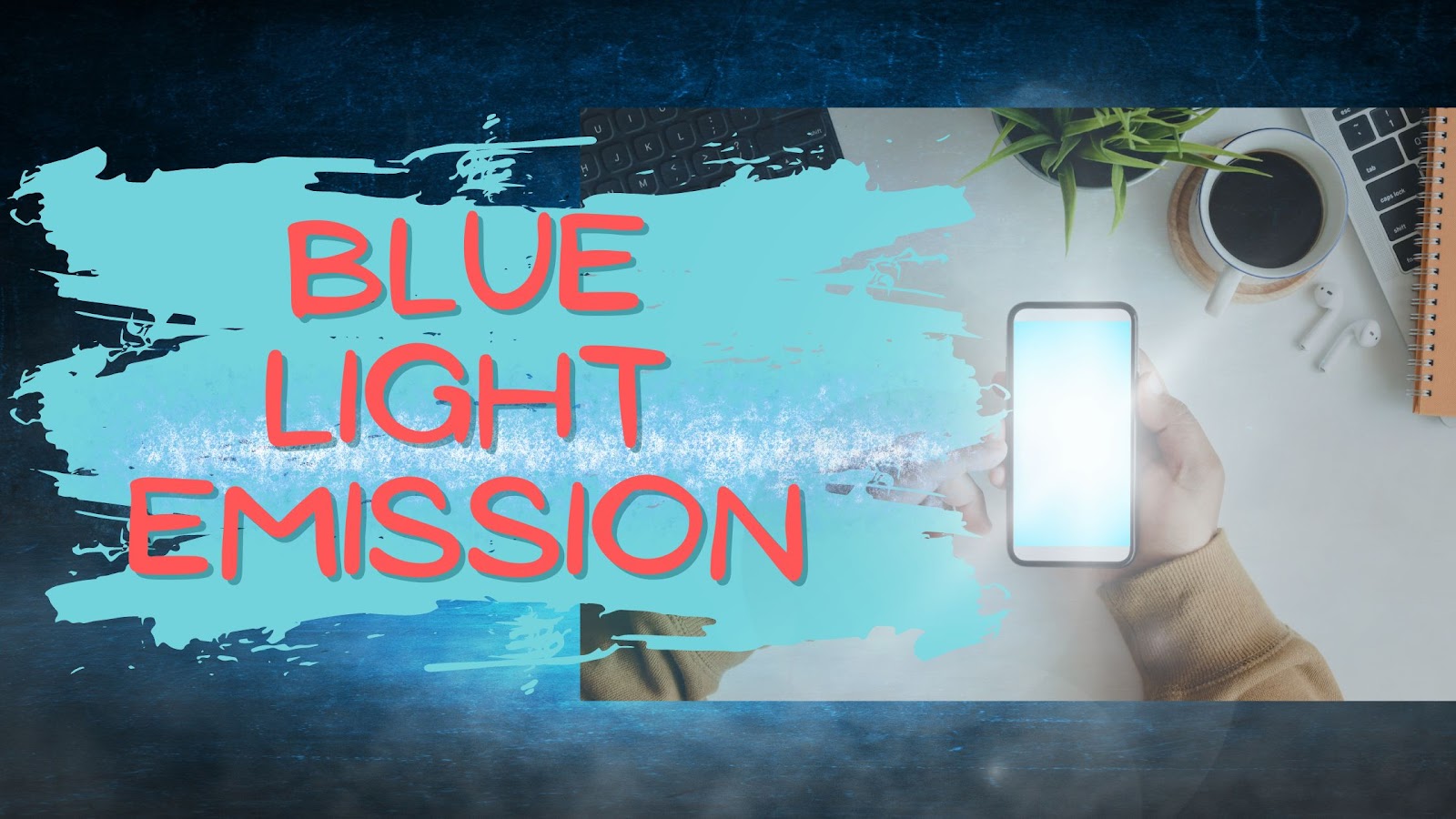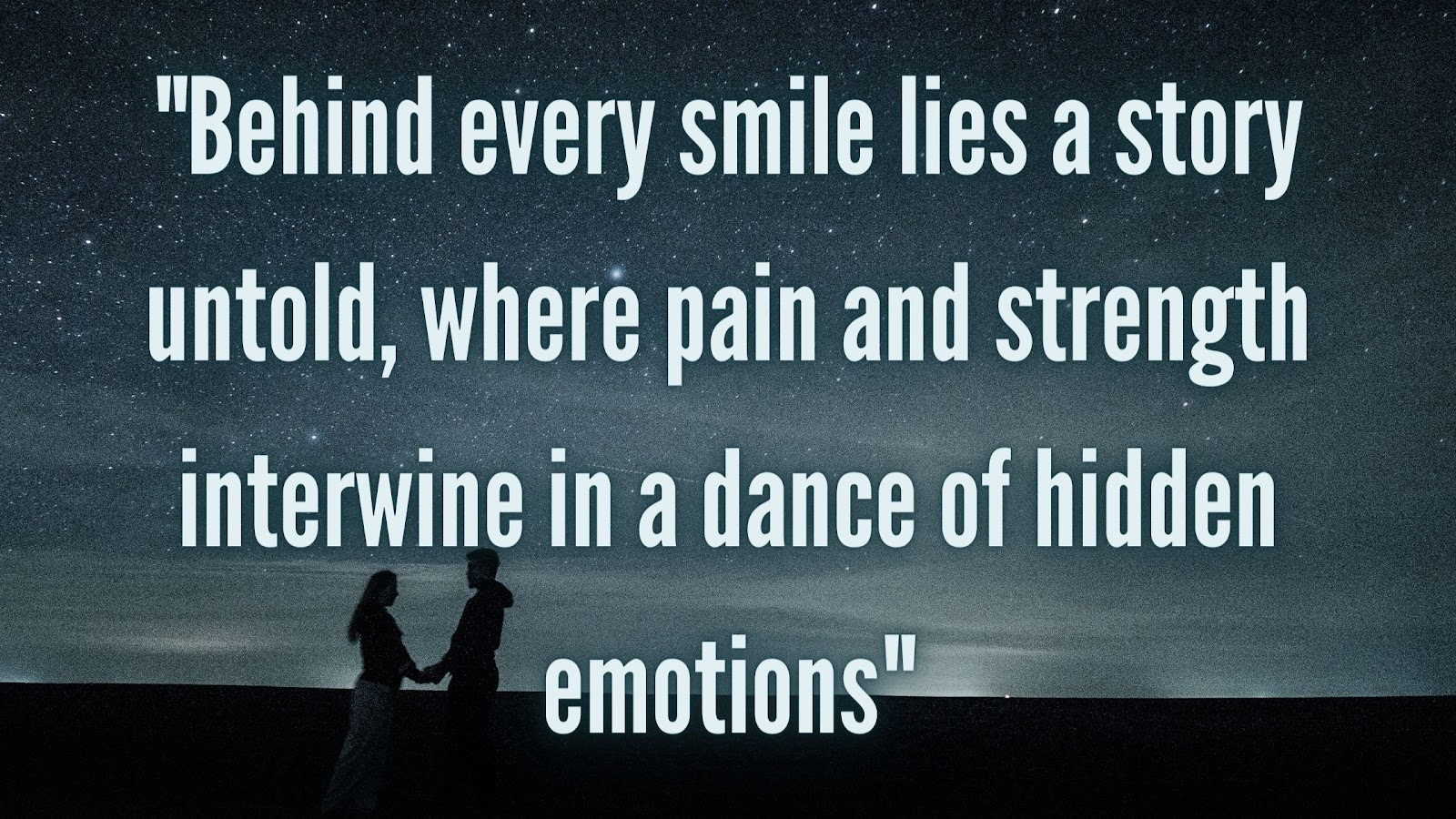Beneath the Smiles: Unraveling the Story of Anxiety, Depression, and Hope
You will be surprised to know that Anxiety and Depression are the most commonly faced problems by youth in this current generation.
It is difficult to self-identify the issue. Many individuals avoid seeking medical assistance because they fear being judged by others in their community.
Caution! The information provided in this blog post is for educational and informational purposes only. It is not intended to be a substitute for professional medical advice, diagnosis, or treatment. Always seek the advice of a qualified healthcare provider with any questions you may have regarding a medical condition.
Depression
Why is depression important to understand?
Depression is the major cause of suicides, the incidence is so high that almost every 40 seconds, a person dies from suicide across the globe. Depression alone accounts for 4.3% of the global burden of disease and is the single largest cause of disability worldwide, particularly for women. It is a silent killer because its effects can go unnoticed, leading to profound suffering and death by those who fight this hidden battle.
Its incidence has increased profoundly with technology. The alarmingly increased usage of electronic gadgets has led to a loss of biological reflexes, which disturbs the biological clock, Pineal gland.
Many debates are going on comprehending depression, yet we require further research to understand it completely. It is a global problem, affecting millions of people. A little more understanding of depression can decrease the suicide toll.
Signs and symptoms of depression:
- Reduced concentration.
- Decreased appetite(weight loss of about 5% acc. to WHO)
- Reduced sleep(Early morning awakening - Terminal insomnia)
- Reduced self-esteem/confidence.
- Loss of interest or pleasure in most or all normal activities, such as sex, hobbies or sports.
- Angry outbursts, irritability over small matters.
- Excessive guilt.
- Reduced sexual desire.
- Dysfunctionality.
- Hopelessness, Worthlessness
- Suicidal ideas.
- Unexplained physical problems, like back pain or headache.
- Lack of Socialization.
Possible causes of depression:
The causes can also vary a lot between different people. For some, a combination of different factors may cause depression. Or we may find that we become depressed without an obvious cause or trigger.
- Genetic vulnerability.
- Family history.
- Loss of loved ones.
- Ambivalence or having mixed feelings.
- Introjection - We often feel depressed about something that happened outside and feels responsible for it.
- Unemployment.
- Traumatic childhood.
- Negative patterns of thinking.
- Post-traumatic stress disorder (PTSD).
- Some drugs reportedly can cause depression. such as Oral contraceptive pills, Beta-blockers, steroids, barbiturates, etc.
- Some medical conditions: hypothyroidism, vitamin B12, vitamin D, and folic acid deficiencies. Chronic pain syndromes like Rheumatoid arthritis, and fibromyalgia.
- Major life changes: Let me give a scenario of my life, I used to be an introvert and used to share my day stories with my mother. She has shown infinite love to me, and I cannot able to stay a single day without her. I didn't stay in hostels, but suddenly the time has come in MBBS to stay away from her.
During my initial days, I cannot able to tolerate it, I used to talk with her daily whenever I felt low. Days passed on, but my subconscious brain didn't stop thinking of her.
After a year and a half, I got adapted to hostel life, I've reduced going home and talking with her to train my brain to think independently.One day has come, and I'm having my 2nd MBBS prof exam. I've prepared for these exams very seriously and completed reading to an extent that gave me confidence about passing in these.
The night before the exam, I revised a lot up to my saturation, when I tried to sleep that night around 1:30 am, I was not able to relax my brain, all the topics that I've read flashed in my eyes when I tried to close my eyes.
I sat down and tried again to relax but I couldn't. My friend woke up and asked me what was going on, I said I'm not able to sleep.He tried to calm me down but unfortunately, many other symptoms came up in a very short duration, I started sweating, cannot able to sit in one place and was not able to concentrate on my sleep or reading. The time passed and I started to think about my exam, How can I write my exam if I don't sleep?
Then I got palpitations, so I rushed to emergency. I've taken an ECG and my doctor said it was just due to exam stress and normal physiology, He gave me a Beta blocker and motivated me about not to think of exams.
Biological mechanism of depression:
The major neurotransmitters involved in regulating mood are dopamine, serotonin, and norepinephrine. These are significantly reduced in people with depression.
Amygdala, thalamus and hippocampus, which constitute the limbic system play a key role in regulating mood and thought processes.
In people with depression, the size of the hippocampus decreases. Some experts believe that stress can suppress the production of new neurons in regions of the brain which includes the hippocampus.
Its activity is higher when a person is sad or depressed. However, with recovery from depression, the activity will not seize. This increased activity may cause the amygdala to enlarge. The enlarged amygdala can lead to thoughts of fear and pain, which in the real world don't exist.
Serotonin is the neurotransmitter cum hormone, which is secreted mainly by the gut to regulate intestinal movements. A small proportion of serotonin is secreted by the raphe nuclei in the brain, which regulates mood. Serotonin acts as the precursor for melatonin, which is involved in circadian rhythm.
Serotonin is normally high during the daytime and low during night where melatonin predominates. The melatonin release depends on the pineal gland, which interconnects with the eyes for sensing the light. When the eyes detect decreasing light, the brain's suprachiasmatic nucleus signals the pineal gland to increase melatonin production.
In contrast, when we disturb the release of melatonin by using electronic devices(i.e., blue light emission) it leads to improper release of melatonin and improper sleep cycle as a result.
Normally melatonin secretion starts around 9-10 pm, stopping the usage of electronic devices after 10 pm can boost melatonin.Anxiety
Some common anxiety disorders:
- Generalised anxiety disorder (GAD)
- Social Anxiety disorder
- Panic Disorder - These are types of fear responses. They can last for 5-15 minutes, with peak anxiety symptoms without a clear cause or trigger.
- Impounding heartbeat ( Palpitations).
- Excessive sweating.
- Chest and abdominal pain.
- Dryness of mouth.
- Tremors.
- Breathlessness.
- Urinary urgency.
- Feeling disconnected from your mind, body or surroundings - Dissociation.
- Fear of panic disorder can trigger another panic attack, called anticipatory anxiety.
Substances causing Panic attacks:
- Caffeine
- Theophylline
- Carbon dioxide, etc.
Let me give an example of my scenario to understand better about anxiety.
I've got anxiety about seeing a girl.
Every time I see this girl, I get excited, my breathing rate rises, I feel palpitations, sweating, and restlessness, and I cannot concentrate on my daily activities.
I couldn't resist staring at those eyes and when she talks with me, I get so excited that I can't even utter a word.
The following nights I get different thoughts like rejection from her, following which I create fake scenarios like she doesn't like me or she just doesn't care about me.
Days passed on but not my anxiety, as I regularly meet her in my clinical postings.
- If I convey my feelings to her and most probably if she rejects them (as she is not so interested in such kind of feelings), will I land up in depression?
- If I don't tell her, will my anxiety decrease over time? Or will I have regret in future about not conveying these feelings and will it again lead to depression in the coming days? (It has been almost a year and a half since I felt the first feeling for her and they've kept increasing)
Understanding depression and suicides!
Prolonged depression, loneliness, and lack of socialization can lead to altered thoughts in the brain. Dissociation from your body may give you worthlessness feeling, but death is not an end solution. There are many advances in the healthcare which can help you to comeback stronger.
People may show interest in alcohol and illegal drug intake. They think it relieves pain, but it lasts for only a short while. They have severe negative impact on your health. Try to avoid these and seek help from your dear ones.
Identifying a depressed person is not so easy task, Only people who move close to them can understand their feelings and changes in their behaviour.
Treatment
The diagnosis itself is a hard thing. Judging this problem in the community has led to not visiting the healthcare facility. It is a very much treatable condition. We have so many treatment options, including drugs like Selective Serotonin reuptake inhibitors (SSRIs) and Tricyclic Antidepressants (TCAs) which increase serotonin concentration in the brain.
Treatment cannot solely depend on medicines rather treating the underlying cause of depression provides ultimate relief. A mere conversation with depressed people can create a very high impact on their mental health.
Let us take a previous scenario, As I've not experienced any hostel life and I couldn't able to stay away from my mother.
I need my mother to take care of me, especially during my exams. She deviates from my thoughts about exam stress.
I need to stop thinking about the output before giving any test in my life.
Opening up to your dear ones will prevent an episode of depression. Introverts should also have at least one person whom with they can share their feelings.
Maintaining a regular personal diary had shown to reduce the incidence of depression, making realistic goals and tracking them will reduce some burden. Putting negative thoughts and emotions on paper can help release them from the mind.
Writing a diary can also help to increase mindfulness, where we can focus our attention on the present moment. This can help to reduce stress about results. Be honest to your diary, you will come up with better solutions.
Seeking help from a healthcare centre will not create a negative impact on you in your community. It is you and your health that matters to your dear ones. Always feel free to talk about your mental health status so that we can reduce the impact of mental health diseases and prevent their complications.
While the topic of depression and anxiety is vast, this guide aims to aid in preventing and addressing these challenges. Share this information with friends and contribute to a more empathetic and supportive society.
Thanks for scrolling!
References:
Ted talks - www.ted.com
Harvard Medical School - www.health.harvard.edu
www.mind.org.uk
www.pnas.org
www.ncbi.nlm.nih.gov
Various Psychiatry resources




.jpg)






3 comments
I want to clarify one thing, we cannot choose our Love. It comes naturally which can't be stopped with our efforts. We can only hope that we should get a person who understands our efforts in the process of love!😅
BTW,
I'm lucky to get a understanding family. 💖